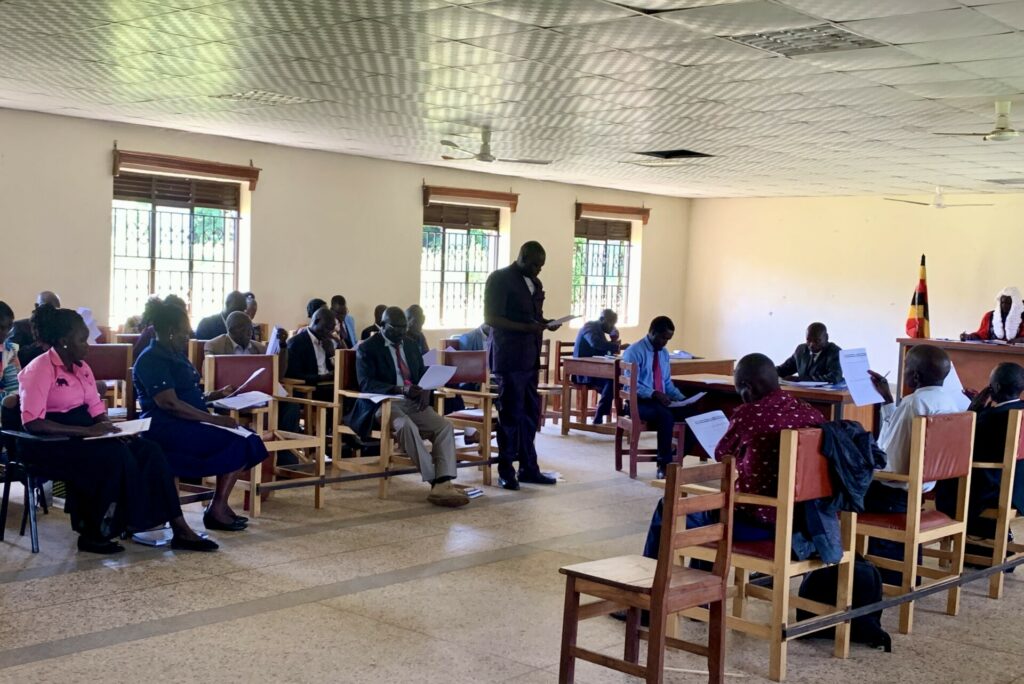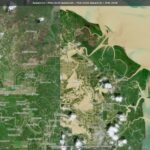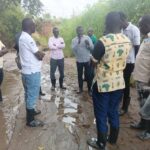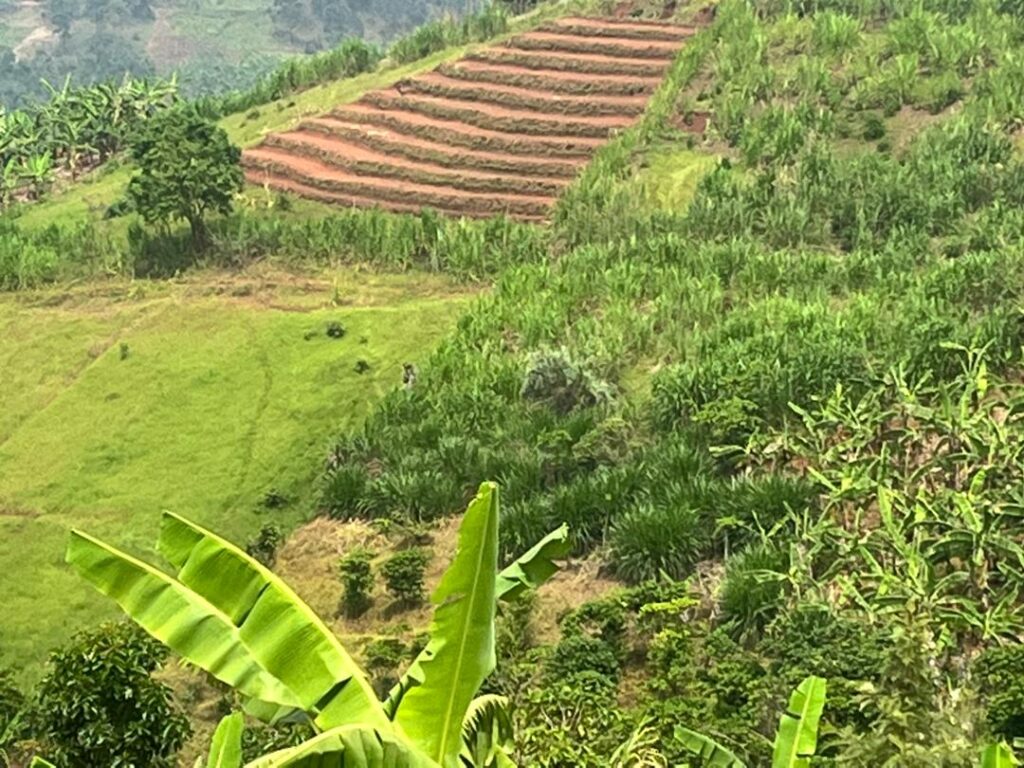Environment and Natural Resources Management Ordinances for IWRM
By Anne Kikundwa, Okot Brian, Lukwago Brian, AidEnvironment East Africa Office.
At the core of integrated water resources management (IWRM) is the need for equitable, beneficial and sustainable use of water and environment resources. IWRM has been widely adopted by governments and both national and international organisations. AidEnvironment seeks to further its adoption.

To achieve this, AidEnvironment engaged all stakeholders in the process of developing IWRM Ordinances to ensure proper management and maintenance of water and environment projects implemented in Agago District in Uganda. This activity was intended to ensure that development activities and the exploitation of natural resources for different purposes are harmonised with the need to conserve the environment.
The ordinances will assist in providing guidance and information needed for planning purposes, resource allocation, and national and institutional budgetary processes. Challenges to be addressed so as to enhance environmental planning at community and district levels include:
- encroachment on fragile ecosystems like wetlands;
- high dependence on fuelwood for cooking, leading to increase in deforestation and land degradation;
- soil erosion;
- and land degradation due to poor farming methods.
AidEnvironment equipped communities with knowledge and skills to care for the environment, as well as support the development of ordinances and mechanisms to make the IWRM Project self-sustaining. With the ordinances in place, conservation, protection, and preservation of vital species and fragile ecosystems within the district will be enhanced. This will protect endangered tree species like the Shea. The ordinance shall establish enforcement mechanisms, penalties, and incentives to ensure compliance with environmental regulations by holding individuals and businesses accountable for their environmental responsibility. The ordinance will also enforce sustainable development through setting guidelines for urban areas such as town councils as they develop different infrastructure and minimise environmental pollution and promote resilience to climate change.
Ordinances will contribute to mitigating general environmental degradation, and enable communities to enjoy cleaner air and water resources.
AidEnvironment will keep empowering communities to promote best practices such as responsible land use, efficient water management, and the reduction of greenhouse gas emissions.




